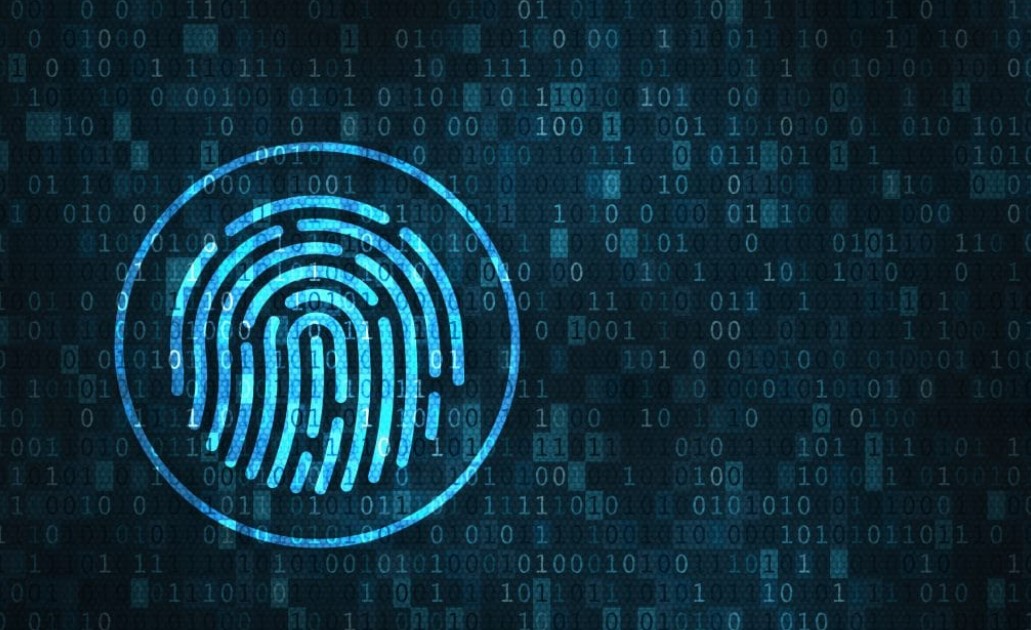by Chris Burt, Activist Post:

Huge investments in biometrics for identity verification and ID documents dominated the headlines on Biometric Update this week, with ID.me claiming the industry’s latest major funding round and Mühlbauer tapped for a major ID card contract in Europe. With slightly less money involved, an EUDIW pilot will be run by a consortium including Gataca, Switzerland is upgrading its AFIS, IdentiTek will make Albania’s passports and ID cards. Tech5 shared its vision for a near-future of safe and equitable digital identity in an EAB presentation.
TRUTH LIVES on at https://sgtreport.tv/
Top biometrics news of the week
A huge biometrics funding round took place quietly amidst controversy, ID.me has revealed. The company announced the $132 million investment, along with the appointment of a new CFO to help make sure it is spent wisely. Like the controversy, the dollar figure reflects ID.me’s rapid growth during the pandemic, which necessitated increasing its staff headcount at a breakneck pace.
India’s identity authority has partnered with an academic institution to develop an in-house software for contactless fingerprint scanning on mobile phones. An MoU signed by the UIDAI and IIT Bombay indicates they will work together on technology to capture biometrics and check the liveness of multiple fingers at once, and integrate it with Aadhaar.
Switzerland has budgeted $27 million for a new multimodal ABIS, that can match suspect’s faces, but does not violate the country’s restrictions on facial recognition, according to Fedpol. Swiss police use the current AFIS 340,000 times each year, including the checks they carry out for international law enforcement and border agencies.
The UK National Physical Laboratory and police in London and South Wales have determined that operator initiated, retrospective and live facial recognition can all reduce crime without harming human rights. Their joint simulated service tests carried out with NEC’s Neoface showed a false match rate of 1 in 6,000 with a database of 10,000 face templates, with a true positive identification rate of 89 percent at a threshold setting of 0.6 for LFR.
Mühlbauer leads a consortium that plans to produce Bulgaria’s new biometric ID cards this year, under a 10-year, $134 million deal. Old cards will be accepted until they expire, but the new version will be accepted for international travel, authorities say.
Armenia is working towards resuming issuance of its biometric passports, with procurement for the passport and national ID under a PPP on now. IdentiTek has won the contract to make Albania’s passports and ID cards, meanwhile, and plans to bring down fees.
Zimbabwe’s government is planning to streamline birth registration and the issuance of passports and ID cards while digitizing government services. The system could be operational this year, according to government minister, and will leverage mobile phone ownership for easier access to services. The Health Ministry is being drafted to funnel births to the country’s civil registry.
Banks and other financial institutions in Europe say the planned EU digital ID should leave out payments. That would allow eIDAS 2.0 to prioritize the effectiveness of the EU Digital Identity Wallet for other application areas, and avoid making the project much more difficult for the financial sector, according to a collection of trade organizations.



 WOW! Dr. Oz, the new administrator of Medicare, says they’ve found BILLIONS in fraud already, and set up a war room to uncover...
WOW! Dr. Oz, the new administrator of Medicare, says they’ve found BILLIONS in fraud already, and set up a war room to uncover...